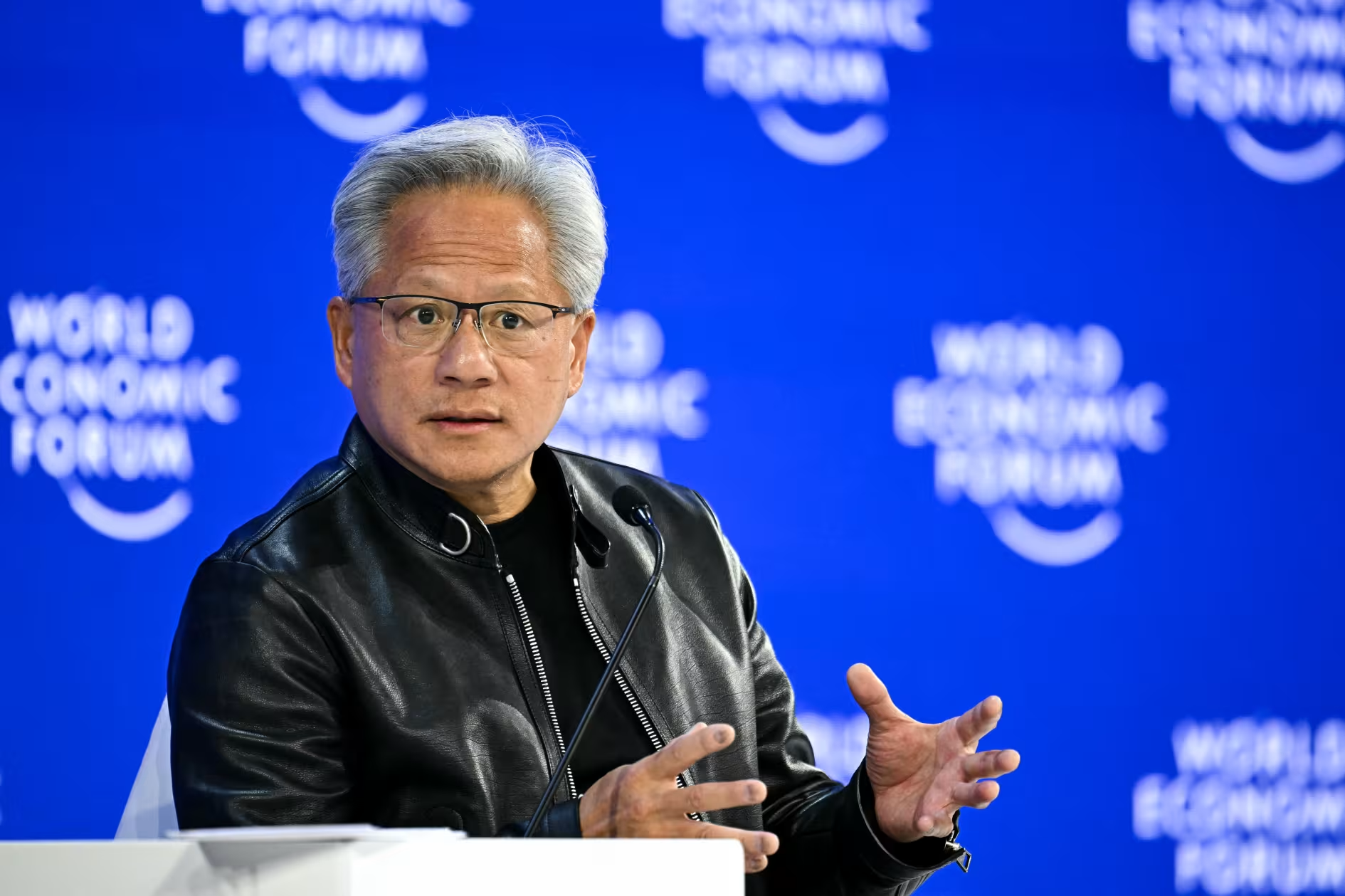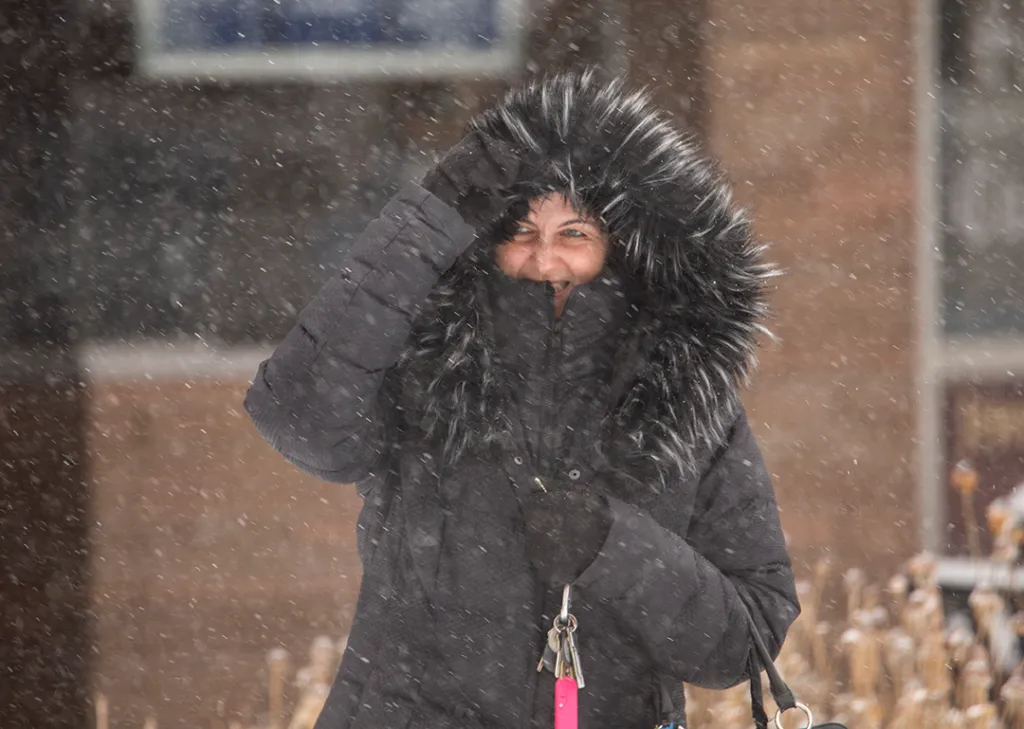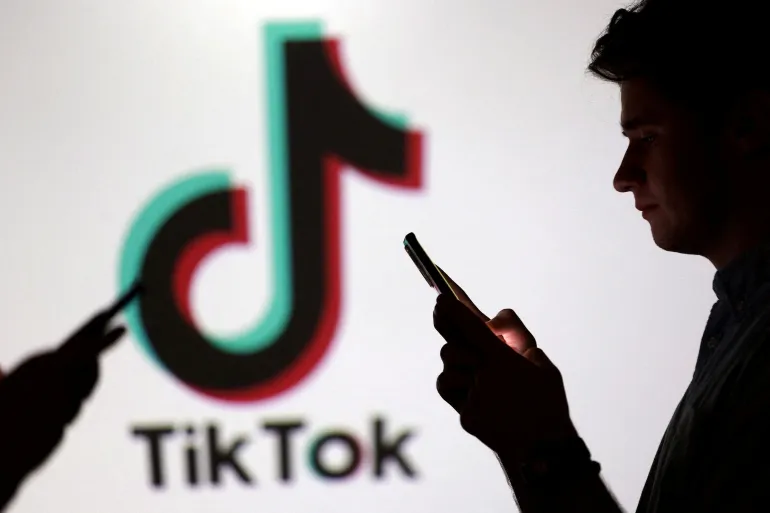Russia’s economy is finally cooling off after years of war-fueled spending — and the central bank is responding by making borrowing cheaper, fast.
On Friday, Russia’s Central Bank cut its key interest rate by two full points, bringing it down to 18%. That’s the second rate cut in just two months, signaling that Moscow is shifting from fighting inflation to trying to boost a slowing economy.
Russia’s economy boomed in recent years, propped up by massive wartime spending and steady oil exports. But that spending spree sent inflation soaring, forcing the central bank to jack up interest rates to 21% last October — the highest since the early ‘90s.
Now, inflation is cooling. Prices rose by 9.4% year-over-year in June, but that’s way down from earlier in 2024 when it peaked near 10%. With the pressure easing, the central bank is backing off its ultra-high rates, hoping to keep the economy from stalling out entirely.
“We’re seeing a slowdown in domestic demand,” said Central Bank chief Elvira Nabiullina. “And labor shortages tied to the war are also easing.”
Russia’s GDP grew by 4.3% in 2024, but this year the central bank expects growth to slow to just 1–2%. And it’s not just inflation or rates dragging things down — falling oil revenue and global trade tensions, especially with President Trump’s tariff-heavy trade policies, are also hitting exports like oil and coal.
A key concern? Stagflation — a nasty mix of high inflation and no economic growth — may be creeping in. Some economists say it’s too soon to call, but others think the warning signs are flashing.
Russian companies and government officials have been begging the central bank to cut rates for months. With interest at record highs, loans have become way too expensive, stifling investment and pushing up non-performing loans in the banking sector.
So far, the central bank is easing cautiously. It plans to keep rates “tight” for a while, aiming to gradually bring inflation down to 4% by 2027. But analysts say the pace of future cuts will be key — go too slow, and the economy could hit even more trouble.
Even as the economy slows, Putin isn’t expected to rein in military spending. And that’s a problem. If the Kremlin turns on the money taps again while revenue from exports is dropping, inflation could spike right back up — putting the central bank in a tough spot.
“There’s still a big risk if state spending stays high,” said Alexandra Prokopenko of the Carnegie Russia Eurasia Center. “The bank has to be cautious.”
The New York Times, the Wall Street Journal, and the Financial Times contributed to this report.










The latest news in your social feeds
Subscribe to our social media platforms to stay tuned